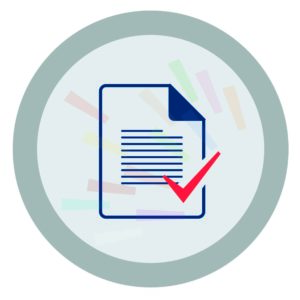- Valid for a population with mental health conditions
- Easy to complete
- Straightforward to score and interpret
- Considerable inputs of service users in the design and item selection
- Face and content validity with service users and clinicians
- Can be used to calculate QALYs
The ReQoL is widely recognised as an effective tool in Mental health assessment as evidenced by the choice of the tool for international standard sets by ICHOM for psychotic disorders and personality disorders.
^ Back to top








